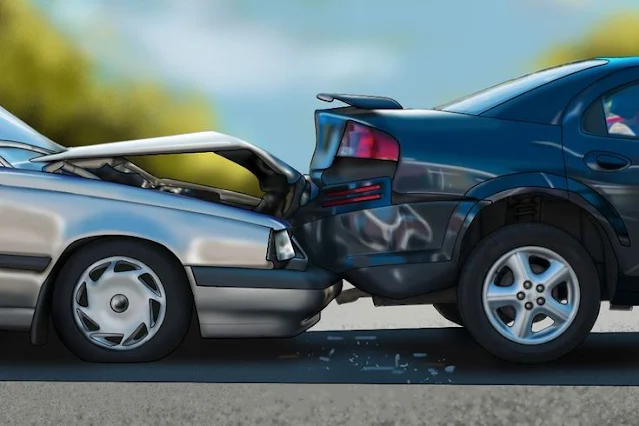Understanding Collision Auto Insurance: What You Need to Know
Collision auto insurance coverage is your financial safety net when your car meets with an accident. It's a crucial component of your auto insurance policy, but understanding it fully is essential. In this article, we'll delve into the world of collision insurance, compare it to comprehensive insurance, and provide insights into when you should consider dropping this coverage.
Understanding Collision Auto Insurance Coverage
What Is Collision Insurance?
Let's start with the basics. Collision insurance is a type of coverage that helps pay for the repair or replacement of your vehicle when it's damaged in a collision with another vehicle or object, regardless of who is at fault. This coverage is essential for covering the costs of repairing your car after an accident.Comprehensive vs. Collision Insurance: What's the Difference?
To have a comprehensive understanding of collision insurance, it's crucial to differentiate it from comprehensive insurance:- Collision Insurance: This coverage pertains to damage to your vehicle when it's involved in a collision with another vehicle or object, regardless of who is at fault.
- Comprehensive Insurance: Comprehensive coverage protects your vehicle from a wide range of non-collision incidents, such as theft, vandalism, fire, natural disasters, and more.
What Does Collision Insurance Cover?
Collision insurance covers a variety of incidents, including:- Vehicle Collisions: If your car collides with another vehicle, such as in a rear-end accident, collision insurance will cover the repair costs.
- Single-Vehicle Accidents: Whether you hit a tree, light pole, or guardrail, collision coverage will help cover the repair or replacement expenses.
- Hit-and-Run Incidents: In cases where you're the victim of a hit-and-run, your collision insurance can step in to cover the damages to your vehicle.
When to Drop Collision Insurance
While collision insurance is vital for protecting your vehicle, there are circumstances where you might consider dropping it:- Vehicle Age: As your car gets older, its value decreases. When the cost of collision insurance starts to outweigh the potential payout, it might be time to drop this coverage.
- Financial Considerations: If paying for collision insurance becomes a financial burden, especially if your vehicle is not worth a substantial amount, you may opt to remove this coverage to reduce your premium costs.
- Car Replacement Value: If you have the financial means to replace your vehicle in the event of a total loss, collision coverage may not be necessary.
In a Car Insurance Policy: Collision Insurance
In a typical car insurance policy, collision insurance is one of the coverage options you can select. It works in tandem with other coverage types, such as liability, comprehensive, and uninsured motorist coverage. Combining these elements provides a well-rounded policy that ensures you're protected from various risks on the road.Collision Insurance Covers Weegy: Expert Insights
When it comes to collision insurance, experts on Weegy can offer valuable insights. Weegy is a platform where you can ask questions and get expert answers. If you're unsure about collision insurance or have specific queries, it's a great resource to tap into the knowledge of experienced individuals in the field.How Much Is Collision Insurance Per Month?
The cost of collision insurance can vary significantly based on several factors:- Vehicle Value: More expensive vehicles typically have higher collision insurance premiums.
- Driving History: Your driving record and history of accidents can impact the cost of this coverage.
- Deductible: The deductible is the amount you pay out of pocket before your insurance coverage kicks in. Choosing a higher deductible can lower your monthly premium.
- Location: Your geographic location can also influence the cost of collision insurance. Areas with higher rates of accidents may have higher premiums.

